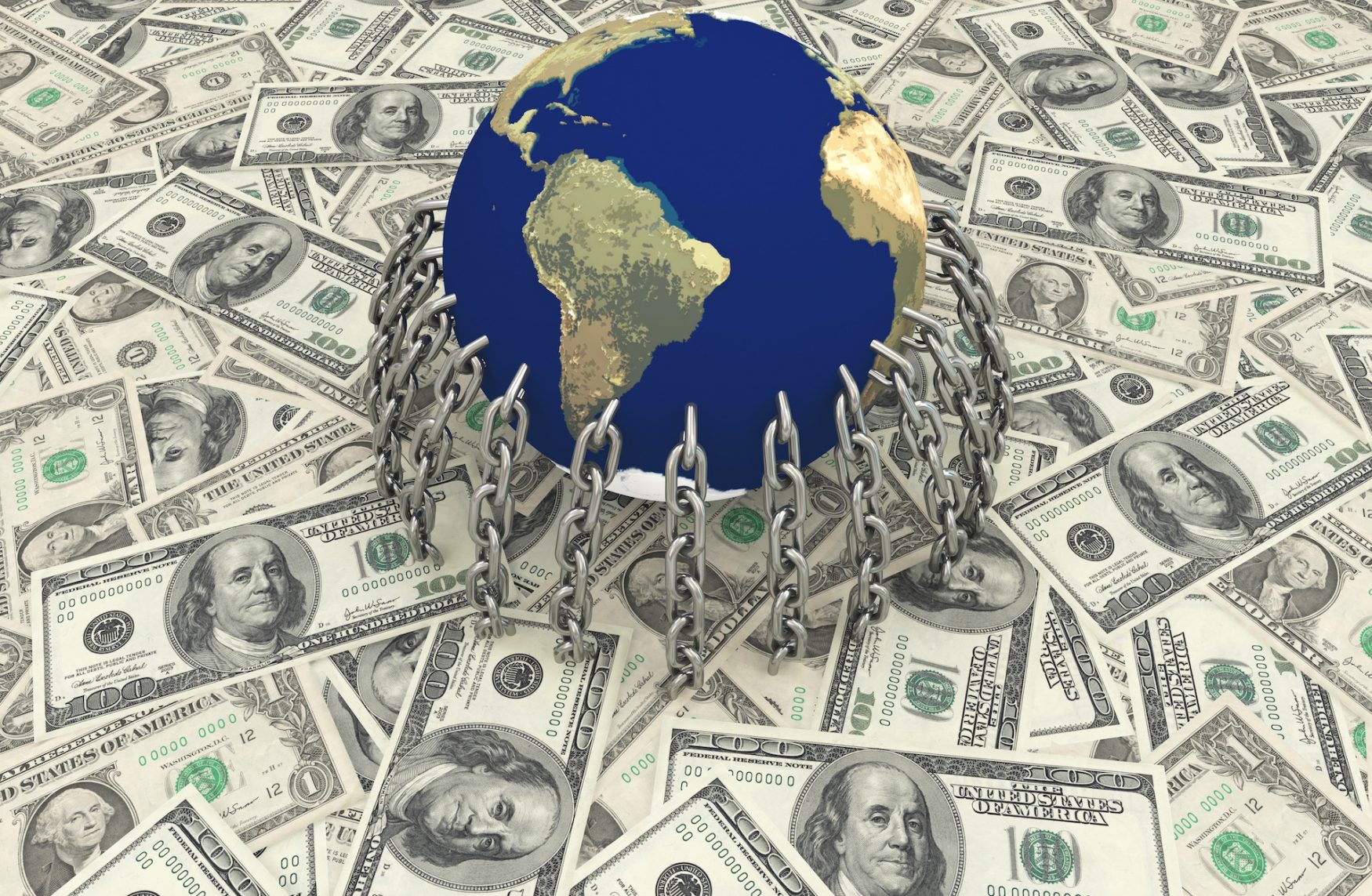
Political Corruption Around the World is Prevalent
Political Corruption Around The World is Most Common During Elections.
Political corruption around the world occurs at the highest levels of government as elections in various nations are controversial and sometimes just for show and in other areas officials abuse their power to allow themselves more power.
The 2008 Presidential election in Russia showed just how little Russia has changed as President Vladimir Putin’s term expired while Putin announced that his handpicked successor would run as an Independent for the Presidency while Putin would “run” to become the Prime Minister of Russia.
In Zimbabwe the long time President Robert Mugabe finally agreed to hold “free” elections at the urging of the United States only to terrorize his opposition into quitting and allowing Mugabe to keep his seat.
While corruption is all but expected in Africa and electoral fraud is nothing new in Russia, in 2008 Canada was stricken by some shady political maneuvering when Prime Minister Stephen Harper dissolved the Canadian Parliament in order to prevent a vote of no confidence against him.
The Zimbabwe Democratic Process
Russia
Former Russian President and current Prime Minister Vladimir Putin has always had a reputation for being a player in political corruption around the world and that was well demonstrated during the 2008 Russian Presidential elections when Vladimir Putin put forth his apprentice Dmitry Medvedev as his choice for President and announced himself the next Prime Minister.
Not surprisingly, Medvedev won the Presidential election with more than 70% of the vote while the Organization for Security and Co-operation in Europe and the GOLOS (VOTE) Association decried the “irregularities” in the election.
Not long after his election, President Medvedev and the parliament passed a law that extended the Russian Presidential term limits which many say was a move to allow Medvedev’s mentor Vladimir Putin to return to power for another four years.
Zimbabwe
Zimbabwean President Robert Mugabe who has been in power since 1980 was prompted to allow his country to hold free elections due to much pressure from the west.
While Mugabe had once been a national hero, the horrible shape that the country is in (231,000,000% inflation) pushed Mugabe to lose by a slim majority in the first round of the election.
Because no candidate received more than 50% of the vote, the country had to hold a runoff election.
The second round of elections did not go so smoothly as the President used the army and his supporters to terrorize the opposition party which prompted Mugabe’s opponent Morgan Tsvangirai to drop out of the race and allow Mugabe to win the election with more than 85% of the vote after having received only 43% of the vote in the first round.
The Human Rights Watch organization decried the Zimbabwean election as deeply flawed.
Canada
While Canada has always been known as a clean, timid nation with little internal and no external problems, in 2008 Canada saw its Prime Minister Stephen Harper dissolve his Parliament before the Liberal Coalition could issue a vote of no confidence against Harper and take the power away from Harper’s Conservative Party.
In December, Canada’s Governor General Michaelle Jean allowed Harper to suspend the Parliament.
Rather than use the unpopular and controversial move as a way to go after Harper and the Conservatives, the Liberal Coalition began weeks of infighting that led to Liberal Party and Coalition Leader Stephane Dion being removed from his position.

 My First Amazing Ayahuasca Experience
My First Amazing Ayahuasca Experience  Pine Needle Tea
Pine Needle Tea  The REAL Controllers of Humanity: The Papal Bloodlines
The REAL Controllers of Humanity: The Papal Bloodlines  Is it Global Warming or Cooling?
Is it Global Warming or Cooling?  Gun Rights and Obama Examined
Gun Rights and Obama Examined